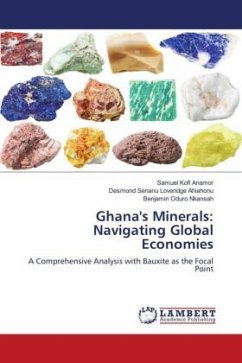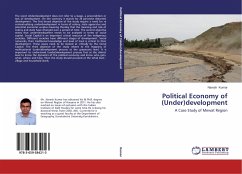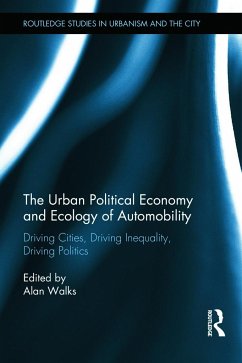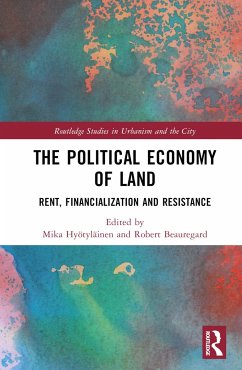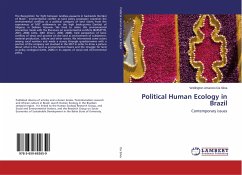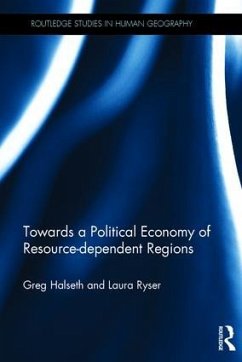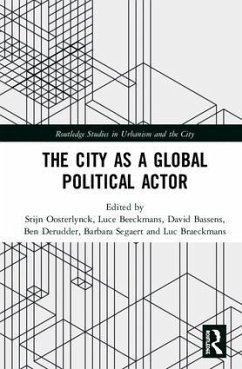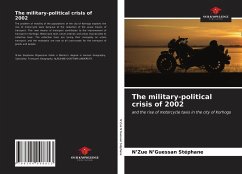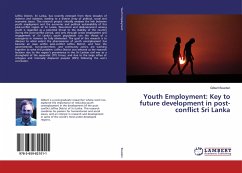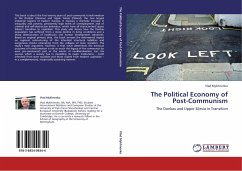
The Political Economy of Post-Communism
The Donbas and Upper Silesia in Transition
Versandkostenfrei!
Versandfertig in 6-10 Tagen
52,99 €
inkl. MwSt.

PAYBACK Punkte
26 °P sammeln!
This book is about the first twenty years of post-communist transformation in the Donbas (Ukraine) and Upper Silesia (Poland), the two largest industrial regions of Eastern Europe. It exposes a dramatic increase in inequality and poverty, persistently high levels of unemployment and of criminal and self-destructive behaviour, which have all characterised Upper Silesia s transition to capitalism. This study also shows how the Donbas population has suffered from a steep decline in living conditions and a sharp deterioration of healthcare and human development standards. Based on original primary...
This book is about the first twenty years of post-communist transformation in the Donbas (Ukraine) and Upper Silesia (Poland), the two largest industrial regions of Eastern Europe. It exposes a dramatic increase in inequality and poverty, persistently high levels of unemployment and of criminal and self-destructive behaviour, which have all characterised Upper Silesia s transition to capitalism. This study also shows how the Donbas population has suffered from a steep decline in living conditions and a sharp deterioration of healthcare and human development standards. Based on original primary data, this book stresses the detrimental impact on regional restructuring of the inherited structural liabilities and exogenous shocks emanating from the collapse of state socialism. The study s main argument, however, is that what determines the eventual outcome of transformation is not so much the legacy of the communist (or even pre-communist) past or the extent of neoliberalisation, butthe success which a society has in moulding its major institutions both inherited from state socialism and those copied from modern capitalism in a complementary, reciprocally sustaining manner.



